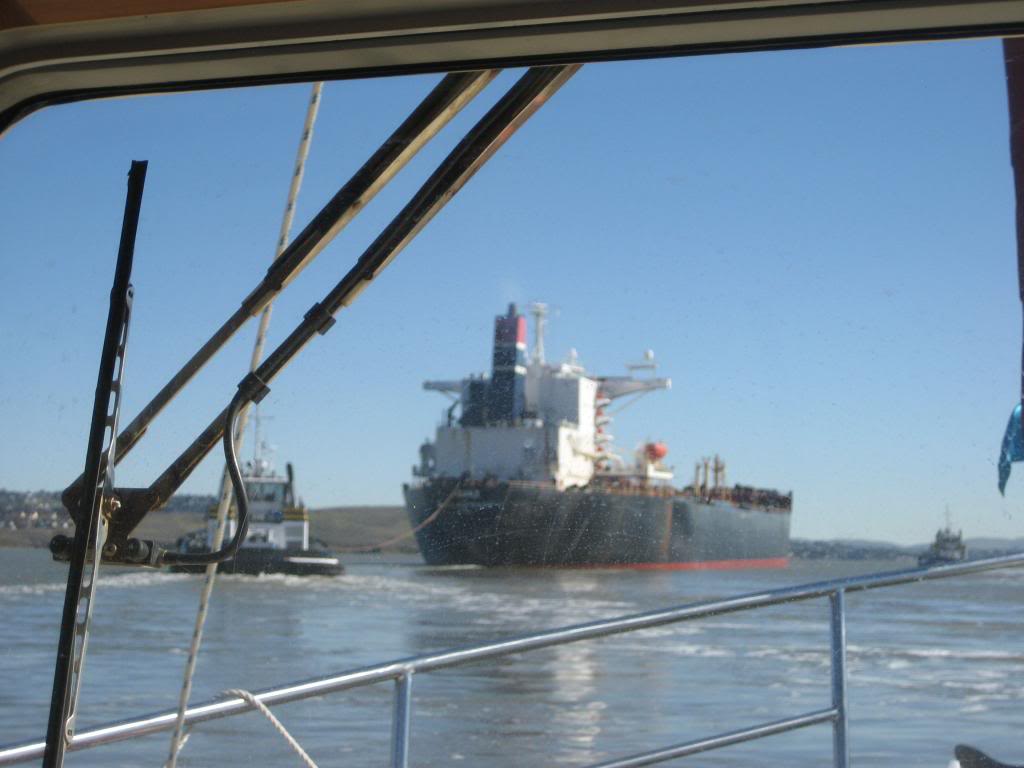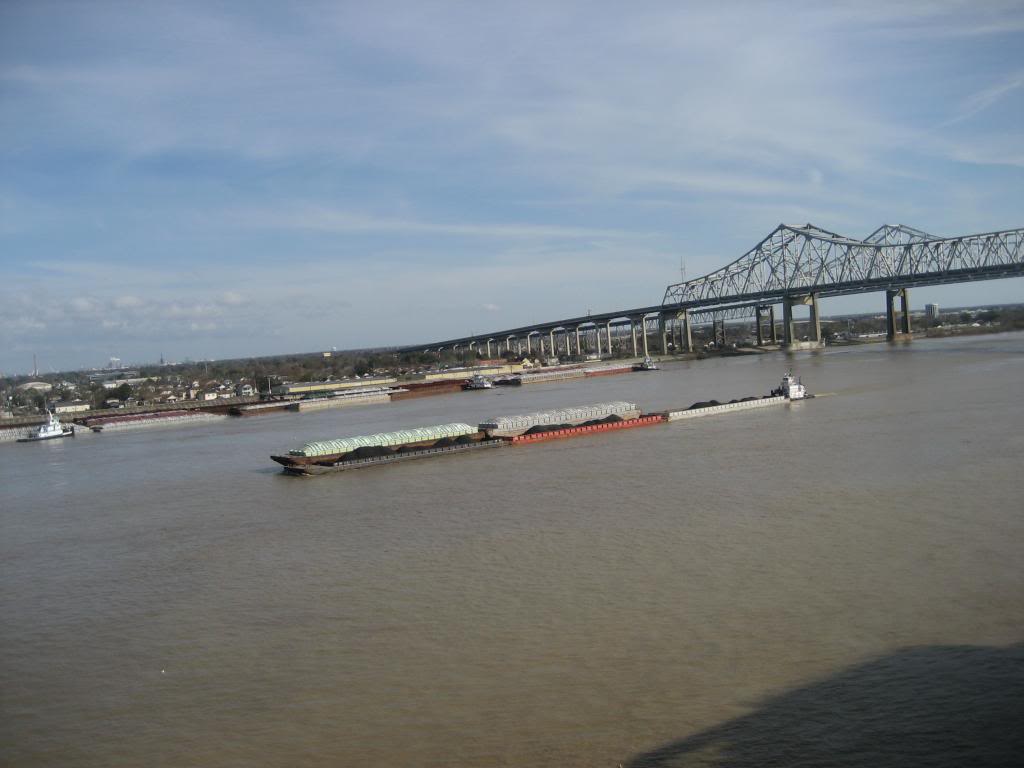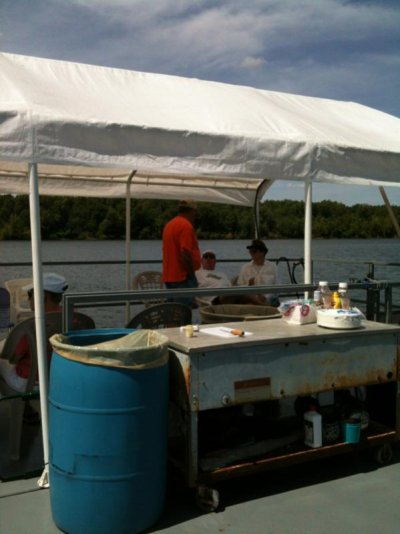Johnny
Veteran Member
I am pretty much a novice on radio communication with commercial traffic and need some advice. If I encounter a barge on a narrow river, either overtaking or passing head-on should I contact the barge captain on the radio to determine which side they would prefer to pass on? Or do I wait and let the barge captain contact me? (well I guess if I am overtaking I will have to initiate the call?) Then if I should initiate the call and since I monitor channel 16, do I initiate the call on 16 and then request to switch to another channel for further instruction? And then what is the typical protocol for communicating the pass? I have read that they may say, "pass on the ones", which I think is referring to horn blasts and is port to port for head-on? What about overtaking? I plan on an upcoming cruise that will put me on a narrow river with barge traffic and I want to be prepared.
Thanks for any advice you can provide.
Johnny
Thanks for any advice you can provide.
Johnny







